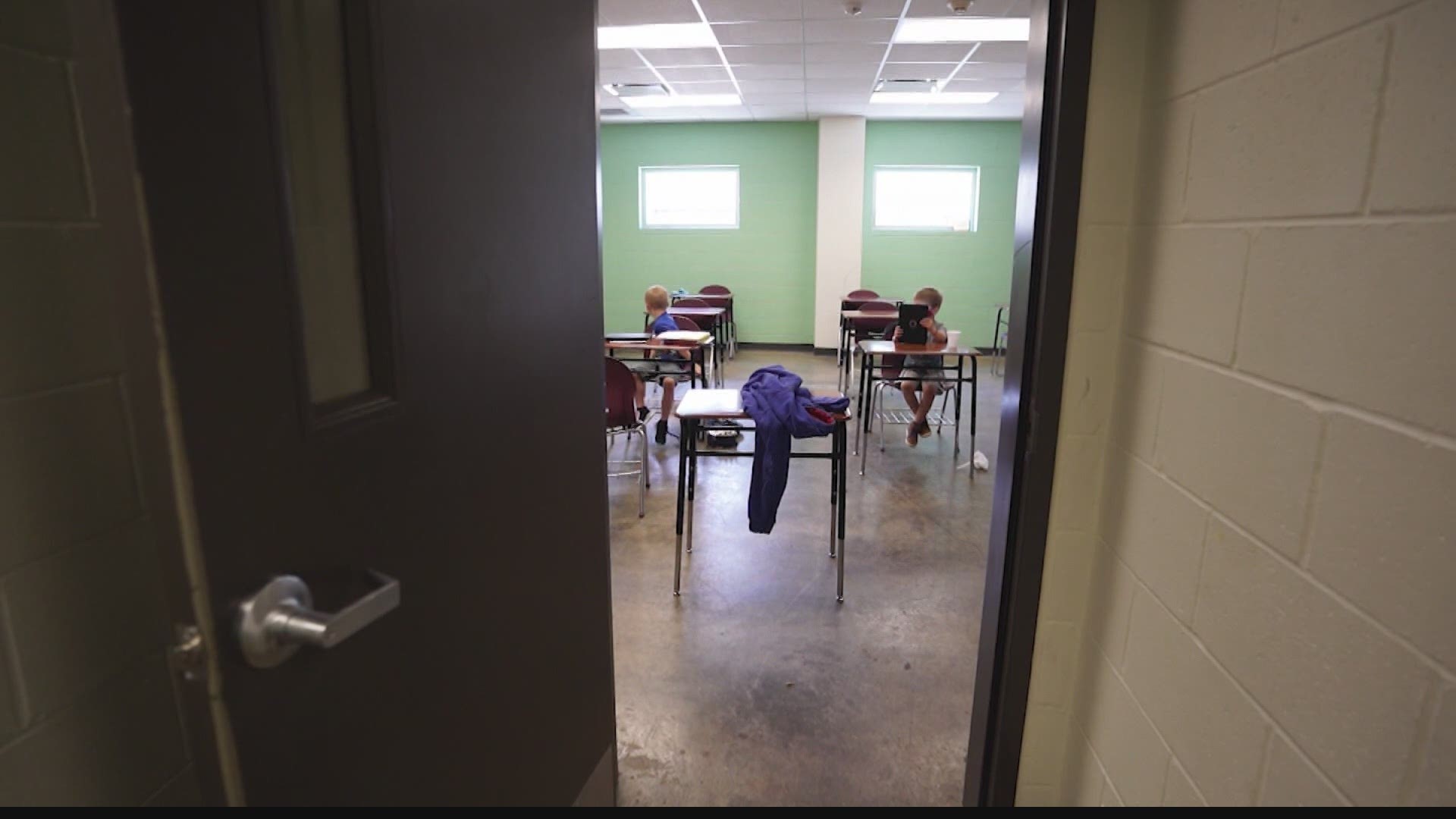GREENWOOD, Ind. — There's no question that parents hate to see their kids struggle.13 News Weekend Anchor Dustin Grove spoke with Education Expert Jennifer Brinker to get some advice for parents on when to intervene in their child's education.
Dustin Grove: Are you seeing a change in your experience as far as parents being willing to let their kids struggle a bit?
Mrs. Brinker: Absolutely, in my 17 years in education, I have seen a big change and my colleagues with more experience than me have seen it even more so. Think of something as simple as grades. When we were younger, our parents found out our grades when we brought our report cards home. Now parents can log in at any point in time to programs like PowerSchool or SkyWard and see each and every assignment, every grade, and we at schools are finding that the parents are now typically the ones contacting the teacher about missing work or wanting clarification instead of the student.
Dustin Grove: Schools like for parents to be involved, but that seems like it has some drawbacks as well, right?
Mrs. Brinker: Yes, you know we can boil it down to the idea of what school is for. It is obviously to teach academics, but it is also to teach them how to do life. We have created a space for kids where they can learn how to make mistakes and recoup from those. Our jobs as parents and as educators are to prepare our students for the path, not prepare the path for them. When we don’t allow them the opportunity to rebound for themselves, we are taking away one of the major lessons that should be learned in school.
Dustin Grove: What kind of detrimental outcome should parents expect from this?
Mrs. Brinker: Well, I sometimes worry about if these students who are micromanaged will be very employable adults. I know it is hard to see your kid struggle. I know that it is difficult to teach them how to bounce back from any adversity, but unless you want them depending on you forever, they are going to have to fly solo and learn from mistakes from time to time.
Dustin Grove: What would you say to parents out there who are conflicted by this and might say, "You are telling us you want us involved, and now you are saying we are too involved?"
Mrs. Brinker: I understand that it is a tough thing to balance. Obviously the younger your child is, the more you have to intervene for them, but you can do what we do at school and scaffold skills for your child. That basically means that you walk them through how to handle situations. You can make suggestions and role play how to go about solving problems-problem solving is a learned skill.
Dustin Grove: What's an example?
Mrs. Brinker: Say that your child forgot to do an assignment. Resist the urge to email the teacher on your child’s behalf. Talk with your child about when would be a good time to approach their teacher to talk to them about it. Practice with them what to say. Explain the possible outcomes to them so they are prepared. It is just coaching them to handle problems on their own and that is what we all want for kids- to be able to become productive and independent adults.

